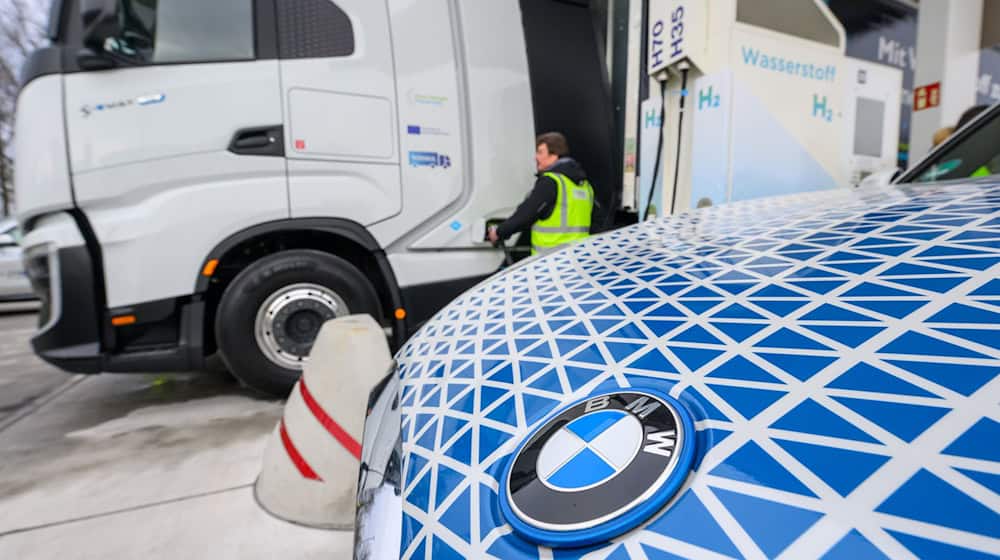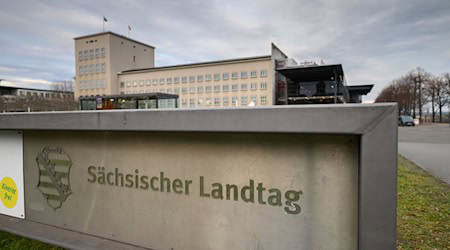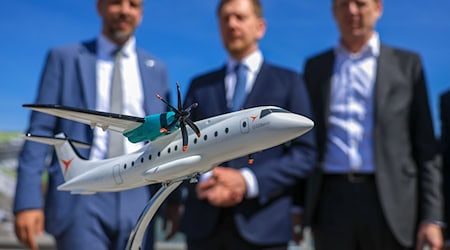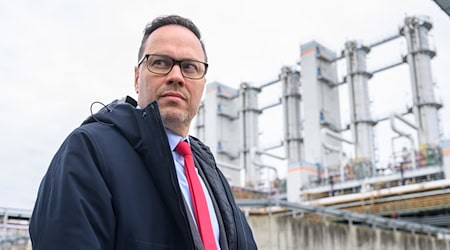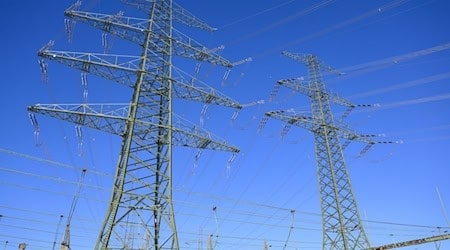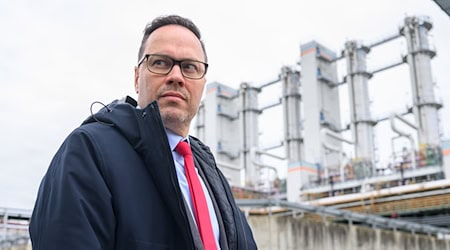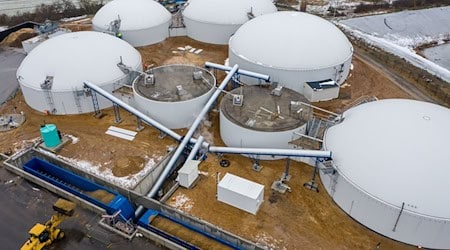The car manufacturer BMW is testing the use of hydrogen trucks and hydrogen filling stations in heavy goods transportation. "For the first time, hydrogen-powered trucks are now being used in series production for German automobile production," said BMW Head of Logistics Michael Nikolaides in Leipzig.
The vehicles taken over from manufacturer Iveco will each replace a diesel truck. They transport components between the logistics center in Nuremberg and the plant in Leipzig. The aim is to analyse the contribution of hydrogen trucks to the decarbonization of heavy goods transport, i.e. the move away from fossil fuels.
One advantage over fully electric trucks, according to Nikolaides, is the faster refueling: a refueling process is completed in just four minutes, while an electric truck needs at least half an hour to charge.
New hydrogen filling stations for the infrastructure
In the course of the pilot project, two new hydrogen filling stations were also opened in Leipzig and near Nuremberg. Germany's first indoor hydrogen filling station was set up at the Leipzig plant back in 2013. Forklift trucks and logistics trains can be refueled there.
Paint shop relies on new burner technology
The paint shop, the plant's largest consumer of natural gas, has also been converted to a fossil-free energy source with a hydrogen burner. According to BMW, the BMW plant in Leipzig is the first automotive plant in the world to use a newly developed burner technology in the paint shop. This makes it possible to burn both natural gas and green hydrogen - individually or in combination. In addition, the plant is expected to be connected to the hydrogen core network running through northern Saxony next year.
Green hydrogen remains a cost issue
However, green hydrogen, which is produced by electrolysis using electricity from renewable sources, is currently more expensive than the direct use of electricity. Whether and when green hydrogen will become competitive depends on several factors - in particular the development of natural gas and CO2 prices, as explained by the BMW Project Manager for Sustainability, Stefan Fenchel.
Copyright 2025, dpa (www.dpa.de). All rights reserved

